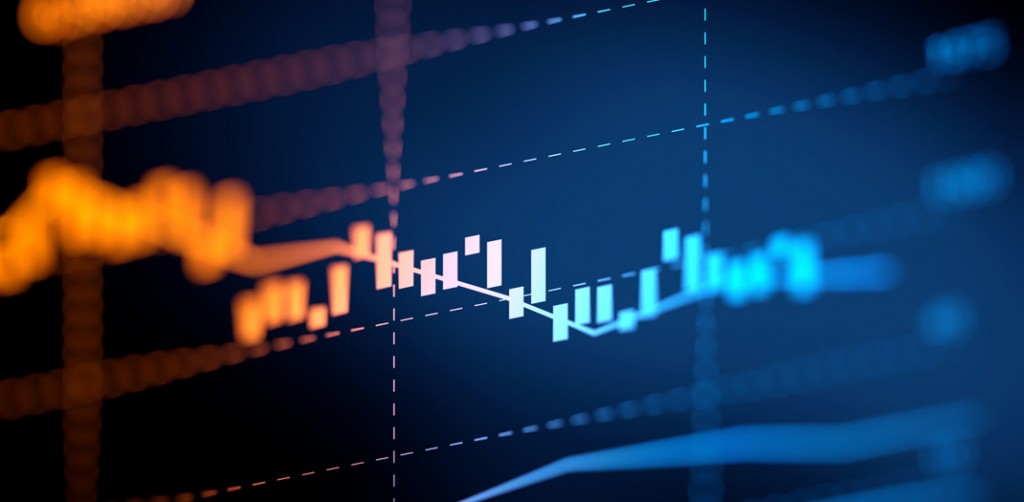How the COVID-19 pandemic affects the stock market

When we entered 2020, everyone had high hopes of what’s to come – even the stock market and most economies around the world. However, this optimism was quickly ruined by the COVID-19 pandemic and life as we know it transformed into a blurry unknown.
Shedding the spotlight on stock, the Dow fell from celebratory highs to an alarming state within a few weeks, according to recent reports. And as there is still no progress for the vaccine against this virus, the economic impact of the pandemic is filled with millions of questions. For the stock market, in particular, you can expect high volatility and tons of fear within and outside the community.
Understanding Stock: stock market effects on the economy
Before we go to the present situation and see the impact on the stock market of the COVID-19 pandemic, let’s first understand what it means in the purest sense. In business, stock can be defined as a symbol or unit that showcases a person’s ownership in a company.
The amount invested as a representation of stock allows many companies to expand their operations, introduce new products to the market, pay off their debt, and raise additional capital. On the other hand, people who invest in stock can also gain profit when the value of the stock increases or when the company pays dividends.
Why does the stock price matter? When a company has a good stock value, its customers and shareholders feel confident that they are in good hands. They think that the company is stable and it is worth it to continue business with them.
Having said that, the stock and economy also have a similar relationship – in the way that current economic situations have the power to impact the stock market, it can be for the worse or for the better
The power of COVID-19 against the stock market
Late last year to early 2020, the novel coronavirus began to creep its way and infect hundreds of thousands of people worldwide. On the 11th of March, it was officially declared as a global pandemic. With the 170 countries that fell victim to the harsh powers of the virus, governments had to be strict in quarantine implementation, and that resulted in unemployment and business closures.
But how did that affect stock? Let’s look at some actual examples. In a report published in the US National Library of Medicine, the numbers show that when COVID-19 blew up, all of the countries with the highest infected numbers increased the risk levels on their stock market. These changes could not be linked to the long-term expectations of the public on the economy, but on their current sentiments as they fight against the pandemic. This also made the stock market intensely volatile, especially as social media amplifies fear and other emotions. These emotions have the power to control trading behaviors and induce extreme changes in stock prices.
Recent COVID-19 economic impacts felt worldwide
Every government and its people want to see the end of this global pandemic, which goes the same way in the business sector. If the spread of COVID-19 does not stop, the current high risk against volatility and unpredictability will remain. Because of this, it can be hard to hold on to assets, and stock investors and traders might be vulnerable to selling off.

Photo c/o Eigencat
However, it can be essential to note that there is one industry shining with flying colors in the middle of the pandemic – and that’s the medical field. It is not just healthcare – the market for medical supplies is at a record-breaking high. It’s no longer hospitals and clinics that stock up on face masks, test kits, face shields, and other personal protective equipment. Now, every person needs to have a form of protection to avoid acquiring the virus and spreading them to others.
On the other hand, almost all of the other industries struggle to survive, with most that can barely keep themselves afloat. For instance, Airbnb has been hit by the temporary ceasing of the tourism industry. Plus, most large companies outsource their production in countries like China, a place that served as a COVID-19 epicenter. This means that these companies, like Apple or Nike, might find ways to manufacture their products someplace else to survive and continue their operations.
What Is the future of the stock market post COVID-19?
Without any changes to the virus in the foreseeable future, investors must be prepared to deal with lots of angst, fear, and uncertainty in the market. What does this mean?
It’s time to find and observe strategies that are perfect for a situation like this when the economy can skyrocket or dive down at any given moment.
If you are unsure about what you should do, make the most of the lockdowns and quarantines to find a financial advisor who can prove worthy of your trust. Having someone with sound knowledge and experience will help you become guided on making decisions backed up by actual facts.
Always weigh your options. You might get motivated by FOMO or the Fear of Missing Out, but you should be ready to face the music should you ever end up with FOLE or the fear of losing everything. In finalizing your move, remember not to dwell too much on your emotions so that you can make fact-based decisions.
Invest Through Blend.PH
Even though hundreds of new cases are listed in the Philippines day by day, the country is slowly easing the workforce back in to revive the economy and the stock market. This is a way for the government to induce jobs and businesses to pull up the economy’s state. Health-wise, this is technically still unsafe.
There’s still no saying when the COVID-19 pandemic will be over. What you can do is commit to more financial learning, explore other earning options, making better decisions, and maintaining sound judgment – so that eventually, once this storm is over, you will arise better than ever.
Don’t worry – there are still other options to make an income while COVID-19 is still here. Make your money work for you by partnering with Blend PH. Blend PH offers P2P investment and Auto Investment as a way to have passive income even while you are at home. You can send us an email at [email protected] or drop us a message on our Facebook page to learn more.
